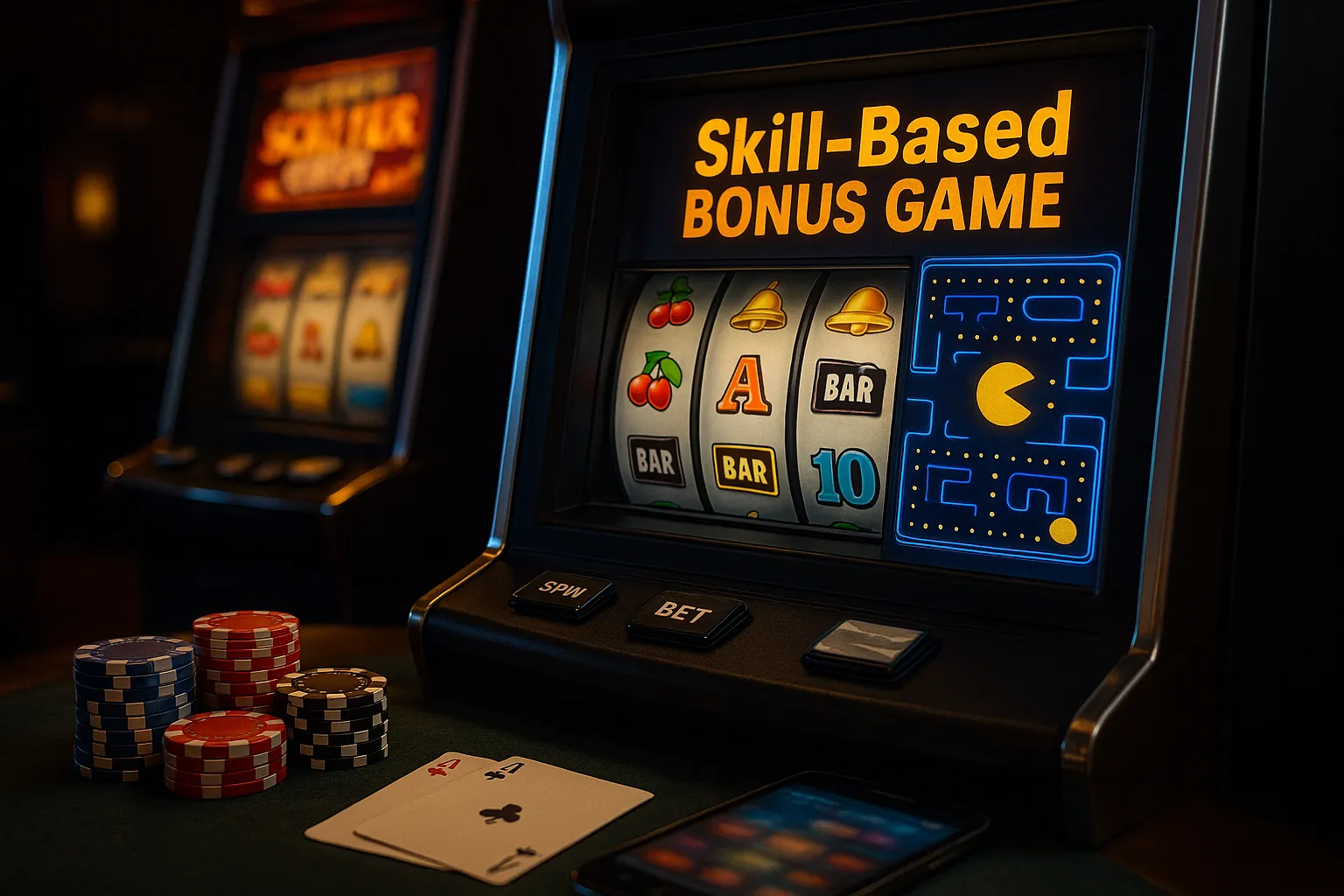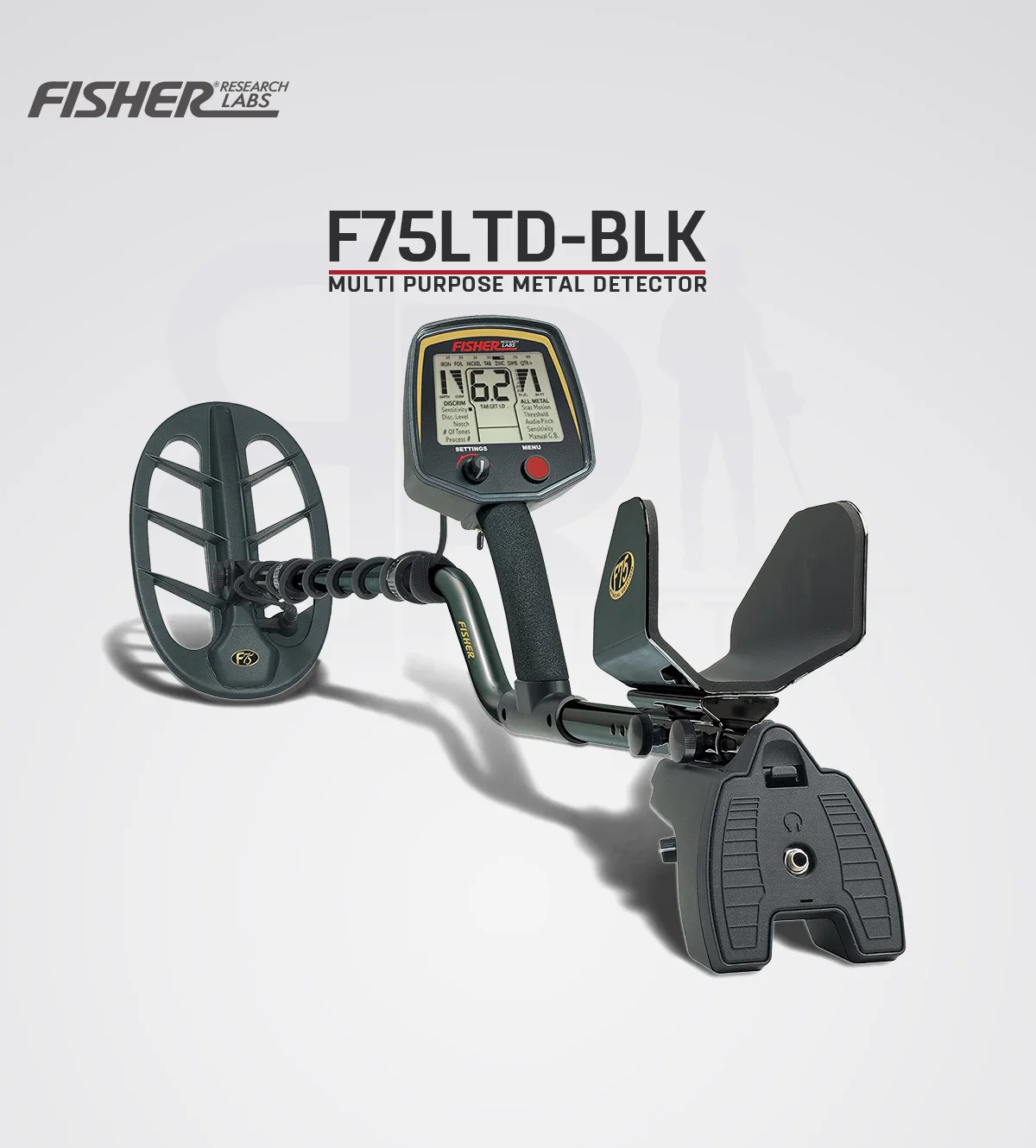Skill-based slots sound like the holy grail: finally, a machine where your reflexes, timing, or puzzle prowess can tip the odds. After years of chasing bonuses, tracking RTP spreadsheets, and testing these titles both in UK-regulated venues and on offshore platforms, I can tell you the truth is murkier than the promo blurbs. Yes, some skill-based elements can influence what you take home. No, they don’t magically turn a negative-EV game into a player-positive investment. Let’s unpack what’s genuinely skill-driven, what’s smoke and mirrors, and how to approach these games without getting suckered by clever marketing.
What “Skill-Based” Usually Means in Slots
When casinos and studios say “skill-based,” they’re typically referring to a bonus mini-game layered on top of a regular RNG slot. The base game—those spinning reels and symbol hits—is still governed by random number generators and fixed paytables. Your “skill” comes into play in a timed shooter, a puzzle grid, a memory match, or a driving mini-game that activates after you’ve triggered a feature. How well you perform can nudge your bonus payout within a predetermined range. Think of it as choosing from a basket of rewards rather than inventing new ones. The studio still caps the maximum you can win from that feature; you’re just influencing whether you get the low, medium, or top end of that cap.
I like to compare it to carnival games: you’re allowed to aim the water gun, but the prize rack behind the booth is carefully curated. The house knows exactly how much value it’s letting you reach for, even if it lets you “feel” more in control.
The Allure—and Limits—of Control
The psychological hook of skill-based slots is powerful. Traditional slots are pure chance; you push and pray. Skill games let you blame or praise yourself for the outcome: “If only I’d hit those targets faster, I’d have scored the 50x multiplier!” That sense of agency can be fun and engaging, but it can also keep you playing longer than you planned. Remember, the overall RTP still includes your average skill outcome. If you’re truly excellent—like top 5% of players—you might edge above average returns in the bonus. But unless the base RTP is high and the skill gap is massive, the needle rarely moves enough to beat the house edge over time.
This is especially important when you leave the UKGC environment and play at a casino not on GamStop. Offshore operators love to spotlight “skill” because it suggests fairness and player empowerment. Some are legit; others rely on the buzz to mask mediocre RTPs, vague terms, and glacial withdrawals. Always verify licensing, read real player feedback, and test small cash-outs before you sink hours into mastering a game’s bonus.
Anatomy of a Skill Bonus: What You Can (and Can’t) Influence
Most skill bonuses fall into three buckets:
-
Timed Accuracy Games: Hit targets, tap symbols, pop balloons. Performance tweaks a multiplier or prize tier. The ceiling is fixed; you’re just steering where you land under it.
-
Puzzle/Strategy Rounds: Pick paths, solve simple puzzles, or choose crates. Decisions affect which prize buckets you reveal. Some are pure luck masked as choice; others genuinely reward better pattern recognition.
-
Endless/Combo Builders: Survive or stack combos for as long as you can within a timer. The longer you last, the better the reward—again up to a hard cap.
What you can’t change: the fundamental odds of triggering the bonus in the first place, the distribution of prize tiers, or the maximum allowed payout. The game’s math team has already baked your performance range into the RTP.
RTP Transparency and Why It Matters
Studios usually publish one RTP number that averages all play, including average player skill in bonuses. If you’re an elite gamer, you might beat that average by a few tenths of a percent. If you’re average or worse, you’ll likely land right on—or below—the published RTP. In other words, your personal RTP can shift a bit, but the house is still the house.
When you evaluate a new skill slot, look for:
-
Published RTP: Anything significantly below 95% isn’t worth grinding.
-
Bonus Frequency: How often can you realistically showcase skill? A stellar bonus that triggers once every 500 spins won’t rescue a low base game.
-
Cap Mechanics: Does the bonus have a hard cap or diminishing returns after a certain score? Many do.
Real-World Sessions: My Wins and Facepalms
I’ve had sessions where a Pac-Man-style bonus let me gobble enough tokens to turn a mediocre night into a decent cash-out. I’ve also flopped a timed shootout and watched my “skill-based” bonus pay less than a typical random wheel spin. The variance inside the skill round can feel dramatic, but when I tally sessions over months, the curve still hugs the posted RTP. My best advice: if you enjoy the mini-games on their own, great. If you’re only there because you think you can “beat” the slot long-term, temper expectations.
The Marketing Spin to Watch For
“Beat the machine!” “Your skill determines your prize!” These lines deliberately imply the base RNG isn’t still calling most of the shots. Also be wary of pseudo-skill choices—picking a chest with hidden prizes is not skill, it’s just a tap masquerading as agency. True skill rounds have performance metrics: accuracy, time left, number of combos, etc. If the “skill” is just selecting icons, it’s probably a dressed-up random picker.
The second red flag: vague RTP or unverified software providers, especially offshore. Reputable developers boast about audits. If a site buries RTP info or never mentions who built the game, assume the worst until proven otherwise.
Comparing Skill Slots to Traditional Slots
Traditional slots are pure variance management. You choose volatility, RTP, theme—and hope. Skill-based slots let you affect distribution, but only within a narrow lane. It’s like having a car with a governor on the engine: you can steer, accelerate, drift, but you can’t exceed the speed programmed into the system. If that steering makes the ride more fun for you, perfect. If you want raw speed (i.e., better EV), look elsewhere—usually to high-RTP, medium-volatility slots or table games with optimal strategy.
Bankroll Strategy for Skill-Based Play
Treat these games like any high-feature slot: set time and loss limits. Don’t chase “redemption runs” because you messed up a bonus. Your bankroll plan shouldn’t hinge on one perfect mini-game. Consider practicing the bonus mechanics in free/demo mode if available. Some studios let you test the skill round in a tutorial—use it. The better you perform, the closer you’ll get to that top prize tier within the cap.
Segment your bankroll. I keep a “fun experiment” pot for new skill slots. If it performs well (or at least entertains me enough), I’ll add it to regular rotation. If not, I dump it and move on. That discipline saves you from sunk-cost bias.
Mental Game: Skill Can Boost Tilt If You’re Not Careful
Ironically, adding skill can increase tilt. With pure RNG, a bad outcome is just bad luck. With skill, a poor result can feel like personal failure—“I choked.” That can push you to double down to “prove” yourself, which is exactly the spiral the house hopes for. If you catch yourself replaying mistakes in your head, take a breather. Slots should not feel like esports.
How Regulators See Skill-Based Slots
In many jurisdictions, as long as the core payout math remains within allowed ranges, adding skill layers is fine. Some US states initially pushed back, but most regulators realized the house still controls max payouts and RTP. In the UK, the Gambling Commission focuses on fairness and transparency. Offshore, it’s a mixed bag. Another reason to stick with licensed brands or at least those with independent testing certificates.
Future of Skill Slots: Deeper Games or Just Flash?
Studios are experimenting with battle passes, persistent upgrades, and social leaderboards in slots. Imagine accumulating power-ups that improve your bonus potential over multiple sessions. Sounds fun—but watch out for features that nudge you to chase “just one more unlock” with real money. The line between engaging and exploitative gets thin fast. I expect more hybrid products: part mobile game, part slot, with season passes and cosmetic unlocks. Fun? Potentially. Dangerous for compulsive personalities? Absolutely.
Practical Checklist Before You Dive In
-
Check the RTP and who audited it.
-
Find out how often bonuses trigger and how much your performance can actually swing rewards.
-
Practice the bonus if a demo exists.
-
Set hard stop-loss and time limits—skill pride can keep you glued longer.
-
Offshore? Test withdrawals and read T&Cs before you hit something big.
Final Verdict: Legit, But with an Asterisk
Skill-based slots aren’t total marketing fluff—they do let you influence outcomes within a sandbox. But they’re not a cheat code to beat the house. Treat the skill round as added entertainment and a way to feel more engaged. If you’re a natural at twitch games or puzzles, you might improve your average result slightly. Just don’t confuse “slightly” with “profitable edge.” The safest mindset: it’s still a slot at its core, so play for fun, protect your bankroll, and walk away when the fun stops—skill or no skill.



